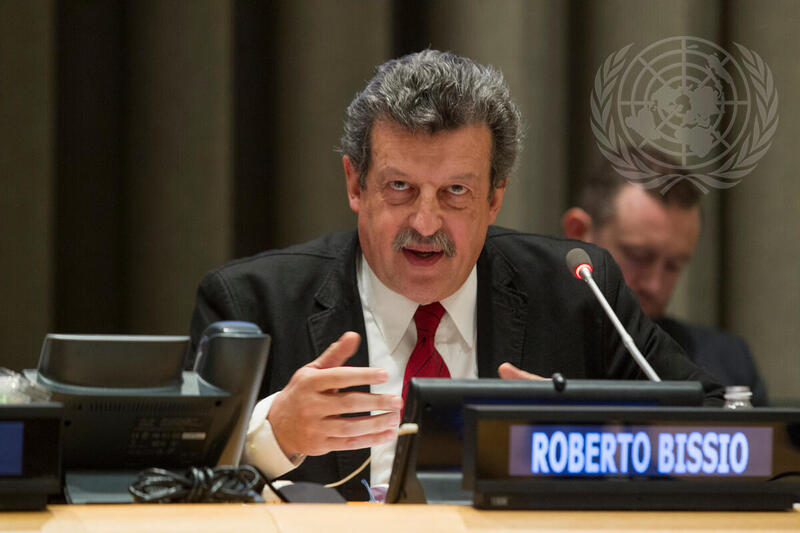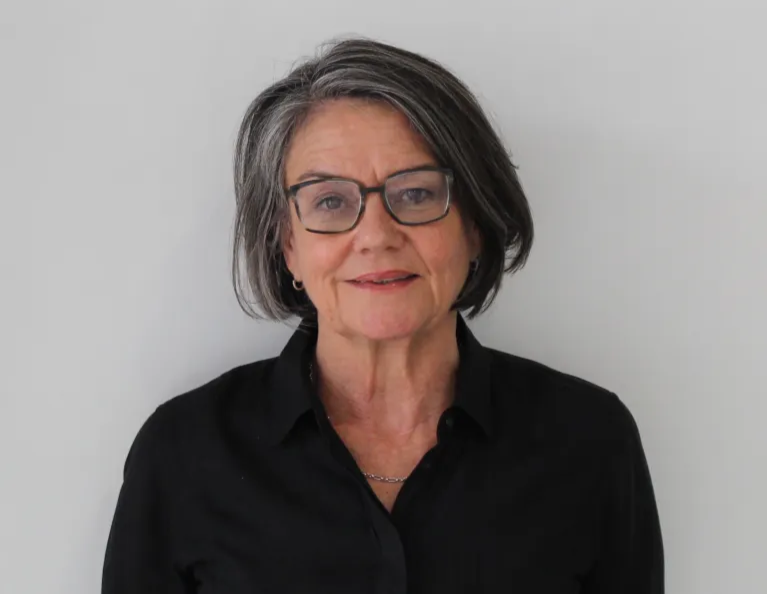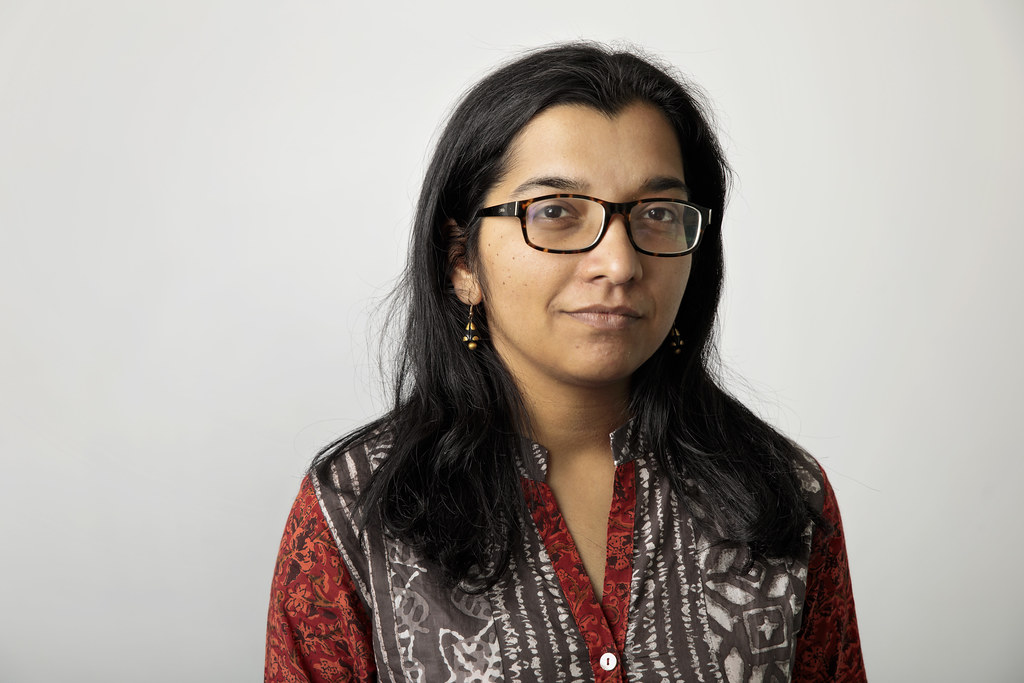In July 2024, 39 tech community leaders and internet innovators wrote an open letter to the UN Secretary-General and the Envoy on Technology expressing their reservations that the draft text of the Global Digital Compact (GDC) being negotiated by governments may “mandate more centralized governance” that could be “detrimental to the world’s economies and societies.” The letter also appealed to the multilateral system to keep “proposals for digital governance consistent with the enormously successful multistakeholder Internet governance practice that has brought us the Internet of today.”
The Global Digital Justice (GDJ) Forum countered this needless alarmism of the technical community, highlighting that the digital governance status quo that has entrenched Big Tech fiefdoms over the once-open internet was far from ideal. The Forum issued a vote of confidence in the GDC, pointing to its role as a much-needed multilateral agreement to uphold the duty of member states in guaranteeing the public right of people to equal and full participation in the digital economy and society. A few days after the GDJ Forum issued its rejoinder, on 19 August 2024, Vint Cerf, one of the signatories of the tech community letter, wrote to the Co-facilitators of the GDC, in his capacity as Chair of the Internet Governance Forum (IGF) Leadership Panel, backtracking from his earlier stance. In this letter to the Co-facilitators, co-authored with Carol Roach, Chair of the IGF Multistakeholder Advisory Group, Vint Cerf endorsed Rev 3.0 of the GDC and offered his support for its key internet governance proposals.
A few members of the GDJ Forum speak to DataSyn about the motives behind the Forum's rejoinder, explaining what is not working with the current digital governance status quo and why the GDC is important.

Roberto Bissio
Chocolate eggs with a surprise toy inside are banned in the US because of their potential harm to children and since this is a public health issue it is allowed by international trade rules. At the same time, Big Tech launches social media and artificial intelligence (AI) services around the world that have been proven to induce suicide among teenagers, promote violent rioting, and create havoc in labor or rental markets without any regulation, and with governments facing threats to be sued and stigmatized for any attempt at curtailing excesses. The Global Digital Compact being negotiated at the United Nations, as part of the Summit of the Future to be held in September 2024, is an attempt to introduce some global governance in the digital realm where none exists. After all, it is about time that Big Tech has at least the same responsibilities as any candy manufacturer.
Roberto Bissio serves as a coordinator of Social Watch, Montevideo, Uruguay.

Alison Gillwald
Currently, global digital policy agendas are driven by Global North-dominated multilateral institutions and development banks and donors who, while promoting the interests and priorities that inform their policies, divert resources from existing and unfinished development agendas or simply fill the digital policy vacuums that exist in many African countries in this dynamic technology environment with policies that have no connection to the people they purport to serve. Seldom, in upholding universal principles in technical support or funding arrangements is there an acknowledgment that for increasingly globalized digital public goods such as spectrum, data, cybersecurity or global governance itself to be realized in the majority world, there are issues of redress of current inequities or injustices — that ‘equal-treatment-for-all’ approaches that work reasonably well in mature, more equal societies will not suffice. What is required is global and national governance that recognizes the need for effective public interest economic regulation; regulation that positively discriminates in favor of historically marginalized local firms, entrepreneurs, innovators, and researchers; upending of dominant interests if we are to see more equitable inclusion and just outcomes.
Indeed, the GDC perpetuates some of the mythologies of tech solutionism to deep-rooted human problems. It fails to give adequate attention to foundation inequalities before proceeding to prioritize resourcing of AI and it omits mechanisms to redress not only the uneven distribution of harms but also of opportunities associated with advanced data-driven technologies. But it provides us, at least, with the only multiple interest forum to identify and engage on overcoming some of the wickedest policy problems of our time and that, unaddressed, will profoundly exacerbate existing inequalities.
Alison Gillwald (PhD) is the Executive Director of Research ICT Africa, Cape Town, South Africa.

Nandini Chami
There is a tale that we all read in childhood, the tale of the emperor's new clothes. This is the case with the current digital governance status quo, when no dominant actor in the policy space is willing to call the bluff on the policy orthodoxy of multistakeholderism that is prevalent in this space. Twenty years after the WSIS, it is no longer possible to ignore the fact that laissez-faire multistakeholderism has only led to the capture of normative and regulatory spaces by powerful Big Tech actors seeking to advance their own interests, making a mockery of the principle of democratic dialogue. This is why we hope that the Global Digital Compact can, and will, pave the way for the world to move towards a human rights-based digital constitutionalism, marking the beginnings of a transparent, democratic, and people-centric digital governance process as envisioned in the WSIS Tunis Agenda.
Nandini Chami is a Deputy Director and Fellow (Research & Policy Engagement) at IT for Change, Bengaluru, India.

Renata Avila
Humanity is at a crossroads where the only viable path for survival is a frontal fight against institutional corruption, opacity, power concentration, and the capture into which our global system is immersed. The Global Digital Compact, by uniting the world majority in an emerging coalition that rejects the tech status quo, can enable states and citizens to work together to both tame the tech giants and collaborate in imagining, creating, and deploying an open-by-design, sustainable, people-centric, and rights-preserving digital governance system that distributes power and helps us reach the sustainable development goals faster.
Renata Avila is the CEO of Open Knowledge Foundation, Cambridge, United Kingdom.
Richard Hill
It is absurd to pretend that the current internet governance arrangements are working well when we see increasing concentration and abuse of dominant power by large corporations. Further, there has been little or no progress in addressing most of the priority recommendations of the 2005 Report of the Working Group on Internet Governance. In fact, there has been significant degradation in some areas, in particular worsening cybersecurity, increasing use of spam for phishing, and increasing disinformation. The time has come to recognize that the neoliberal model of governance imposed on the internet by the US and its allies has failed to deliver the internet we want.
Richard Hill serves as the President of the Association for Proper Internet Governance, Geneva, Switzerland.